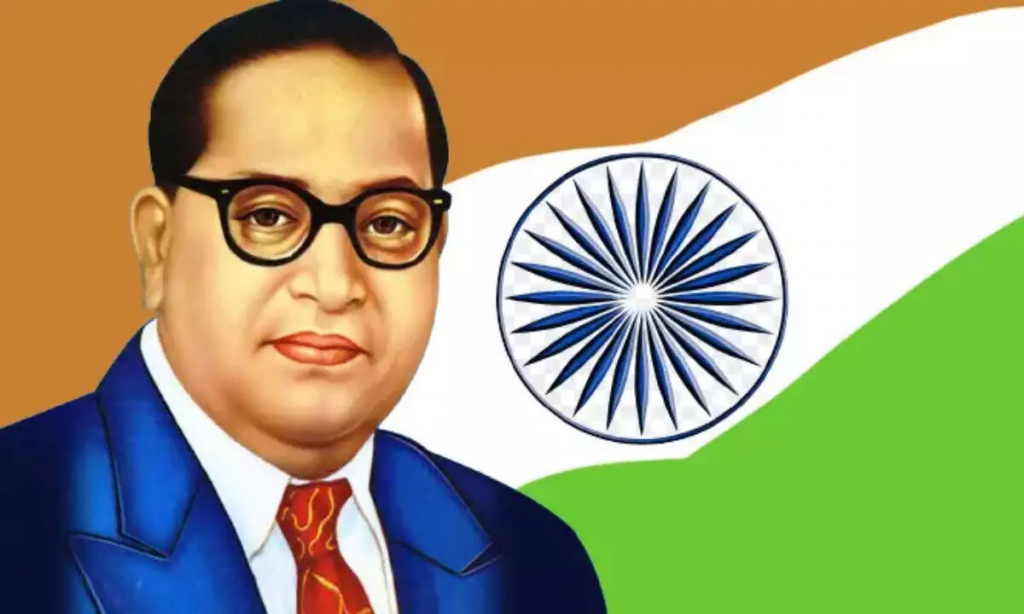
Dr. B.R. Ambedkar’s views on Communism were complex and deeply rooted in his vision of social justice and democracy. While he acknowledged the Marxist critique of exploitation, he differed significantly in his approach to achieving equality. His perspectives on Communism were notably expressed in his 1956 texts, Buddha or Karl Marx and Buddhism and Communism.
Ambedkar’s Agreement with Marxism
Ambedkar accepted the Marxist theory of exploitation, recognizing that a privileged few had historically oppressed the masses, leading to widespread poverty and inequality. However, he went beyond the economic lens of Marxism and argued that exploitation was not just economic but also cultural and social, with caste oppression being a fundamental problem in India.
Key Differences with Communism
- Caste vs. Class
- Unlike Marxists, who focused on class struggle, Ambedkar believed that caste hierarchy was a bigger barrier to equality in Indian society.
- He criticized Communists for overlooking the deep-seated caste-based oppression that shaped Indian social order.
- Democracy vs. Revolution
- Ambedkar rejected Communism’s violent revolutionary approach to social change.
- He advocated for constitutional and democratic means to achieve equality, emphasizing liberty, equality, and fraternity.
- Private Property & State Role
- Unlike Marxists, who aimed to abolish private property, Ambedkar did not believe that ending private ownership would solve social injustices.
- He supported State Socialism, where the government would regulate industries and ensure fair economic opportunities while still allowing private enterprise.
- He rejected the Marxist idea of abolishing the state, believing that an active government was necessary for development and social welfare.
Ambedkar’s Alternative: Buddhism Over Communism
Ambedkar saw Buddhism as a moral and democratic alternative to Communism. He argued that while Marxism focused only on material conditions, Buddhism offered both social and spiritual liberation. His 1956 conversion to Navayana Buddhism was a rejection of both caste-based Hinduism and atheistic Communism.
A Changing View?
In a 1950s BBC interview, Ambedkar predicted that the liberal democratic system would collapse and suggested that some form of Communism might be the alternative. This statement reflected his concern that if social and economic inequalities persisted, radical change—possibly even Communism—could become inevitable.
Conclusion
Ambedkar shared Marxist concerns about economic injustice but rejected its violent methods and class-centric approach. Instead, he championed social democracy, state-led development, and Buddhism as pathways to an equitable society. His insights remain highly relevant today in discussions on economic policy, caste, and social justice.